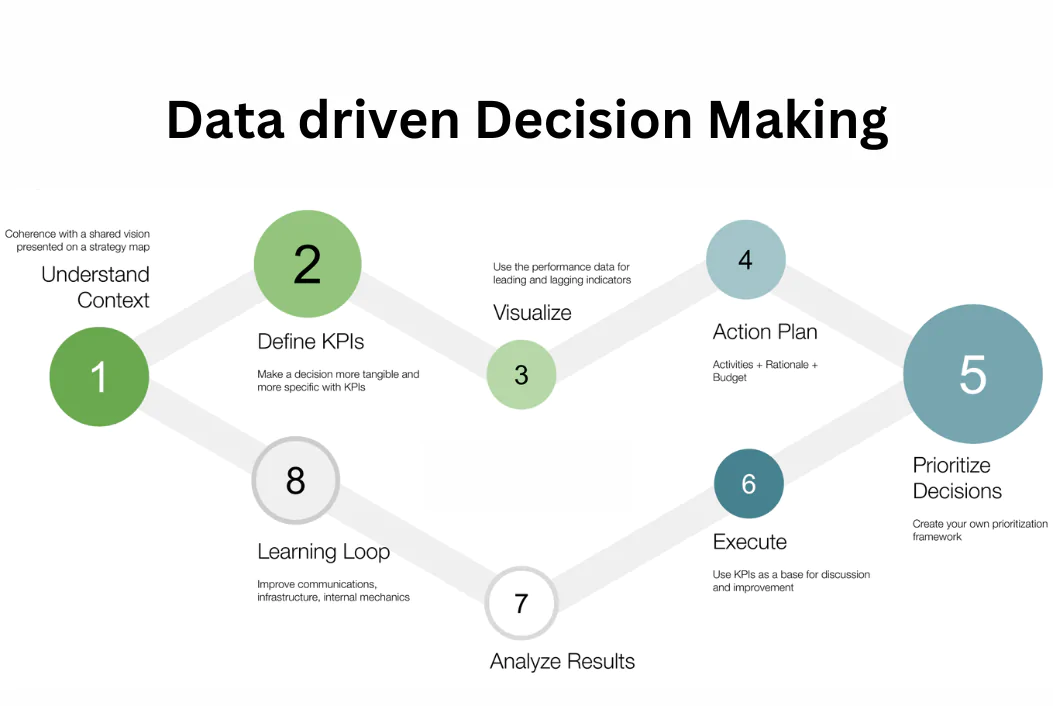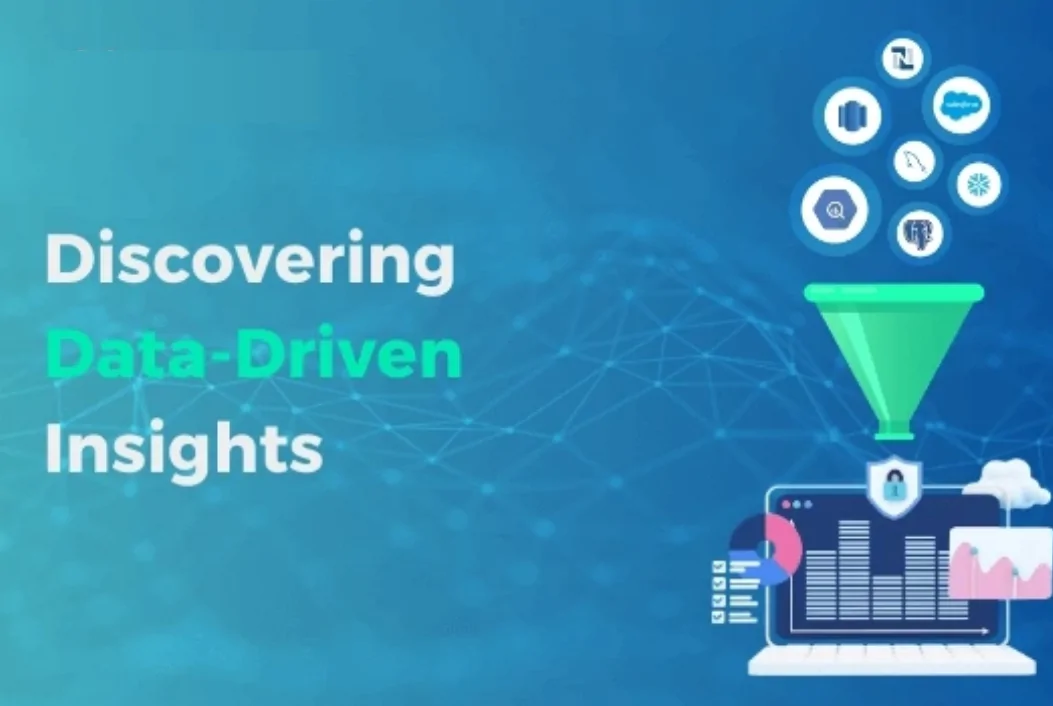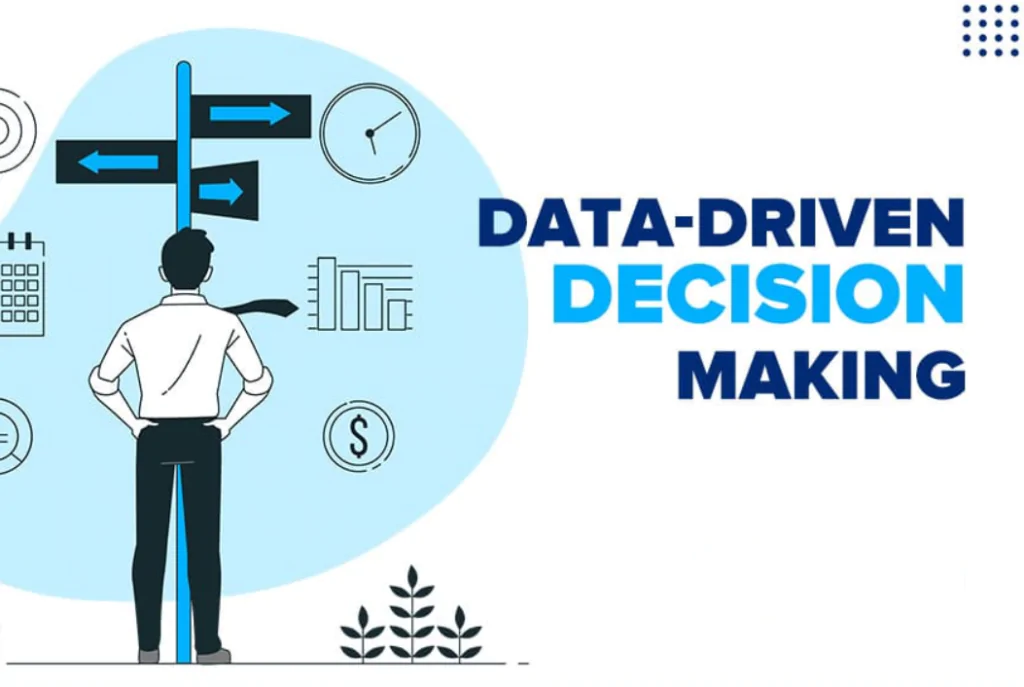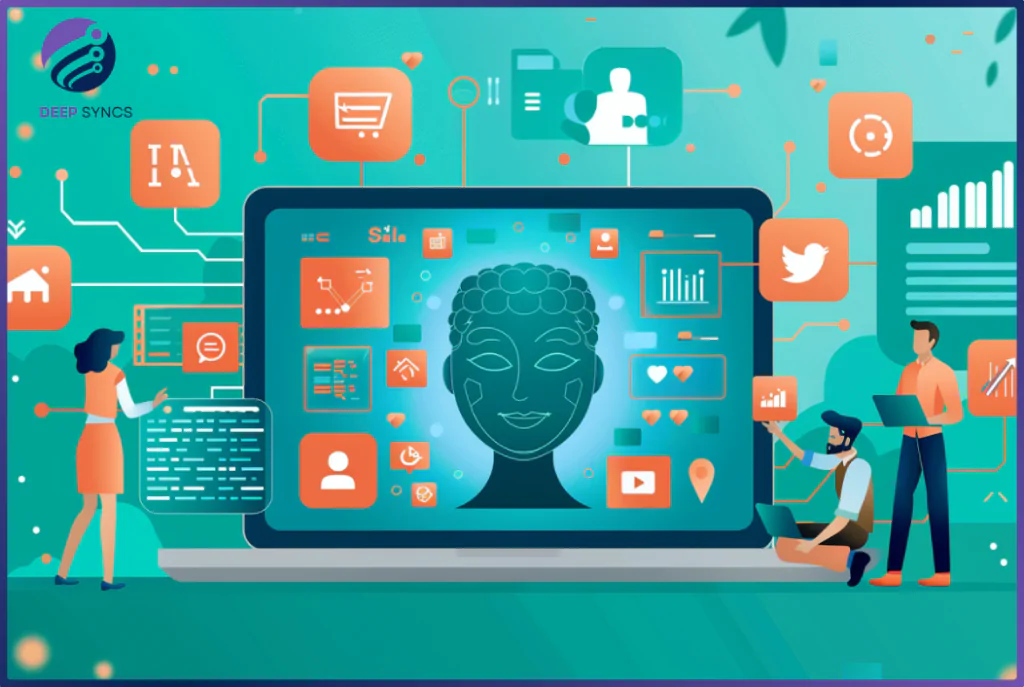Introduction
In today’s digital landscape, businesses are constantly evolving to meet the demands of a rapidly changing environment. One of the key drivers of this evolution is the integration of data-driven artificial intelligence (AI) into various business strategies. This blog post aims to explore the transformative influence of data-driven AI on modern business approaches, highlighting its significance, benefits, and future implications.
Overview of Data-Driven AI in Business
Data-driven AI refers to the use of data analysis and machine learning algorithms to drive decision-making processes and gain insights into organizational operations. By leveraging vast amounts of data, businesses can uncover valuable patterns, trends, and opportunities that would otherwise remain hidden.
Evolution of Business Strategies in the Digital Age
With the advent of digital technologies, traditional business strategies have undergone a significant transformation. Companies are increasingly relying on data-driven insights to inform their decisions, enhance operational efficiency, and drive growth in a competitive marketplace.
Importance of Adopting Data-Driven AI
The adoption of data-driven AI is critical for businesses looking to stay ahead of the curve and remain competitive in today’s fast-paced business environment. By leveraging AI-powered analytics, organizations can unlock new possibilities, optimize processes, and drive innovation across various business functions.
Data Driven Decision Making

Data-driven decision-making is the process of making informed choices based on analysis of relevant data. It involves collecting, analyzing, and interpreting data to identify patterns, trends, and insights that guide strategic and operational decisions in various domains such as business, healthcare, education, and more. This approach relies on empirical evidence rather than intuition or personal experience alone, helping organizations make more accurate, efficient, and effective decisions.
Enhancing Decision-Making Processes
Leveraging Data to Inform Strategic Choices
Data-driven AI enables businesses to make informed decisions based on real-time insights and predictive analytics. By analyzing historical data and trends, organizations can identify patterns that inform smarter strategic choices and drive business success.
Improving Forecasting Accuracy with AI Algorithms
AI algorithms can significantly improve forecasting accuracy by analyzing large datasets and identifying trends that may not be apparent to human analysts. This enhanced forecasting capability allows businesses to anticipate market changes, optimize resource allocation, and minimize risks.
Streamlining Operations Through Data-Driven Insights

By harnessing data-driven insights, businesses can streamline their operations, identify inefficiencies, and optimize processes for maximum efficiency. AI-powered analytics can help organizations identify bottlenecks, automate routine tasks, and enhance operational performance across various business functions.
Personalization and Customer Engagement
Tailoring Products and Services to Individual Preferences
Data-driven AI enables businesses to personalize products and services according to individual preferences and behavior patterns. By analyzing customer data, organizations can tailor their offerings to meet the unique needs of each customer, driving loyalty and satisfaction.
Enhancing Customer Experiences with AI Solutions
AI-powered solutions can enhance customer experiences by providing personalized recommendations, real-time assistance, and proactive support. By leveraging data-driven AI, businesses can deliver seamless interactions that meet customer expectations and drive engagement.
Building Stronger Customer Relationships through Data-Driven Approaches
Data-driven approaches help businesses build stronger customer relationships by understanding customer needs, preferences, and behaviors. By analyzing customer data, organizations can tailor their communication strategies, offer relevant solutions, and foster long-term relationships with customers.
Efficiency and Cost Optimization
Automating Routine Tasks to Increase Efficiency
Data-driven AI enables businesses to automate routine tasks, streamline workflows, and increase operational efficiency. By utilizing AI-powered tools for repetitive tasks, organizations can free up resources, reduce human error, and improve overall productivity.
Reducing Wastage and Increasing Operational Productivity
AI technologies can help businesses reduce wastage, optimize resource allocation, and improve operational productivity. By analyzing data patterns and trends, organizations can identify opportunities for cost savings, process improvements, and waste reduction across various business functions.
Implementing Data-Driven AI for Cost-Effective Decision-Making
Data-driven AI can significantly impact cost-effective decision-making by providing insights into cost structures, profitability, and resource utilization. By leveraging AI-powered analytics, businesses can optimize costs, make informed financial decisions, and drive sustainable growth.
Challenges and Future Implications
Addressing Privacy and Ethical Concerns in Data Usage
One of the key challenges of data-driven AI is ensuring data privacy and ethical use of customer information. Businesses must prioritize data security, compliance with regulations, and transparency in their data practices to build trust with customers and stakeholders.
Navigating Regulatory Frameworks for AI Implementation
As AI technologies continue to evolve, businesses must navigate complex regulatory frameworks and compliance requirements. Companies must stay abreast of changing data protection laws, industry standards, and ethical guidelines to ensure responsible AI implementation.
Forecasting the Future of Data-Driven AI in Business
Looking ahead, the future of data-driven AI in business holds immense potential for innovation, growth, and transformation. As businesses continue to embrace AI technologies, they will unlock new opportunities, enhance decision-making capabilities, and drive unprecedented value across all business functions.
Conclusion
In conclusion, the transformative influence of data-driven AI on modern business approaches cannot be overstated. By adopting data-driven AI, businesses can enhance decision-making processes, personalize customer experiences, optimize efficiency and costs, and navigate future challenges with confidence. Embracing data-driven AI is crucial for organizations looking to stay competitive, drive growth, and lead in the digital age.
Recap of the Impact of Data-Driven AI on Business Strategies
Data-driven AI revolutionizes business strategies, enabling organizations to make informed decisions, enhance customer engagement, optimize operations, and drive growth.
Importance of Embracing Data-Driven AI for Future Success in Business
To succeed in the digital age, businesses must embrace data-driven AI to unlock new possibilities, drive innovation, and stay ahead of the curve in a rapidly evolving marketplace.
Encouraging Continuous Adaptation and Innovation in Business Models
By embracing continuous adaptation and innovation, businesses can leverage data-driven AI to drive growth, remain agile, and seize opportunities for sustainable success.
FAQs
-
How can small businesses implement data-driven AI strategies effectively?
Small Business AI Strategies:
-
-
- Set clear goals.
- Gather relevant data.
- Choose suitable AI tools.
- Build expertise.
- Start with small, manageable projects.
-
-
What are the key considerations for integrating AI solutions into existing business frameworks?
Integrating AI into Business Frameworks:
-
-
- Understand business needs.
- Ensure compatibility.
- Facilitate user adoption.
- Ensure scalability and flexibility.
- Maintain regulatory compliance.
-
-
How can businesses ensure data security and privacy while utilizing AI technologies?
Ensuring Data Security and Privacy:
-
- Establish data governance.
- Use encryption and access control.
- Anonymize and de-identify data.
- Conduct regular audits.
- Ensure compliance with regulations.
-
Remember, the future of business lies in the transformative power of data-driven AI. Embrace the change, innovate with purpose, and lead with data-driven insights to unlock new possibilities and drive success in the digital age.
Learn more about 2000+ AI tools.



Wow, wonderful weblog layout! How long have you ever been blogging for?
you made running a blog glance easy. The whole look of your web site
is wonderful, as neatly as the content! You can see similar here ecommerce